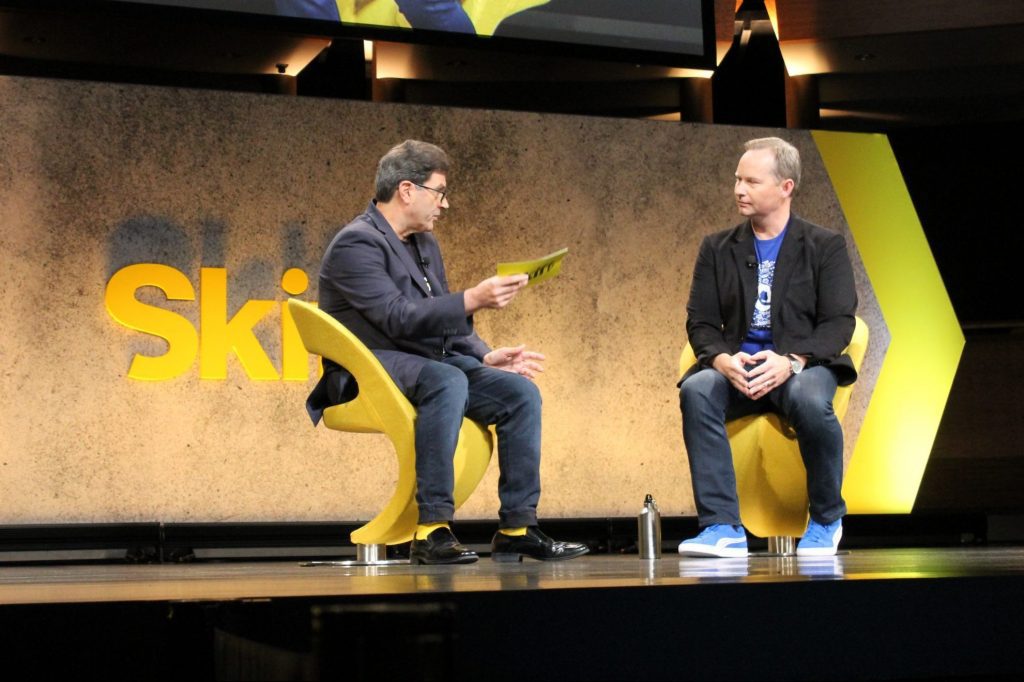Expedia CEO Insists That Online Travel Agencies Aren't Over

Skift Take
The biggest knock on the online travel agencies these days is that the competition is intense and that their golden years are done. Expedia's Mark Okerstrom counters that his company has a single-digit share of a $1.6 trillion market, and he's going wide and deep to pick up more. The jury is still out.
Expedia Group's strategy is to go wide by expanding into new countries and to build up its hotel and apartment supply.
And likewise the plan is to go deep — to focus on key markets and to bring them more locally relevant inventory, payments systems, language translation, and other products.
Outlining his expansion plans in "wave one" markets, under way since late last year, and next year's "wave two markets," Expedia CEO Mark Okerstrom said Thursday during the company's third quarter earnings call that the "overall opportunity" — notwithstanding heightened competition — "remains very significant."
By the way, one of the mostly closely held secrets in the Expedia Group camp is the identity of those focus markets. The company isn't calling them out, most likely for competitive reasons.
An analyst asked Okerstrom about how he views growth and market share in the coming years given Google's gains, the hotels' push for direct bookings, and the emergence of alternative accommodations.
"Well, I think, first of all, we think that the overall opportunity we were moving into remains very significant," Okerstrom said. "You continue to have a massiv

